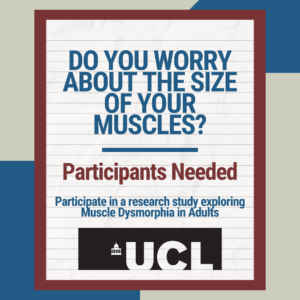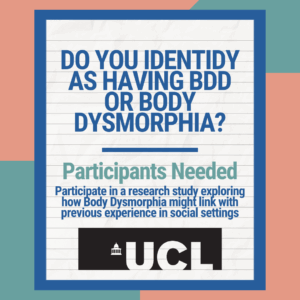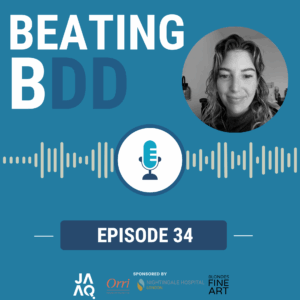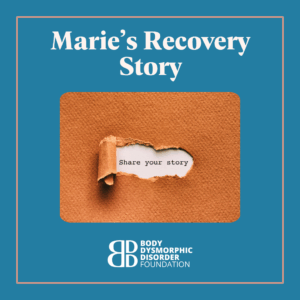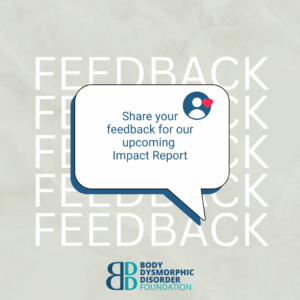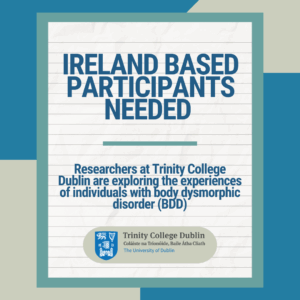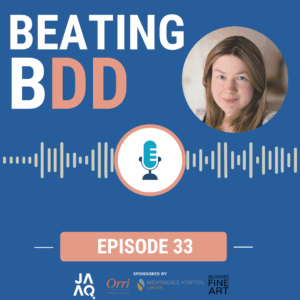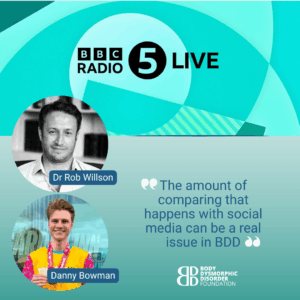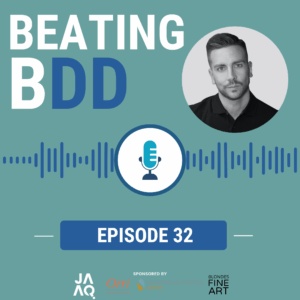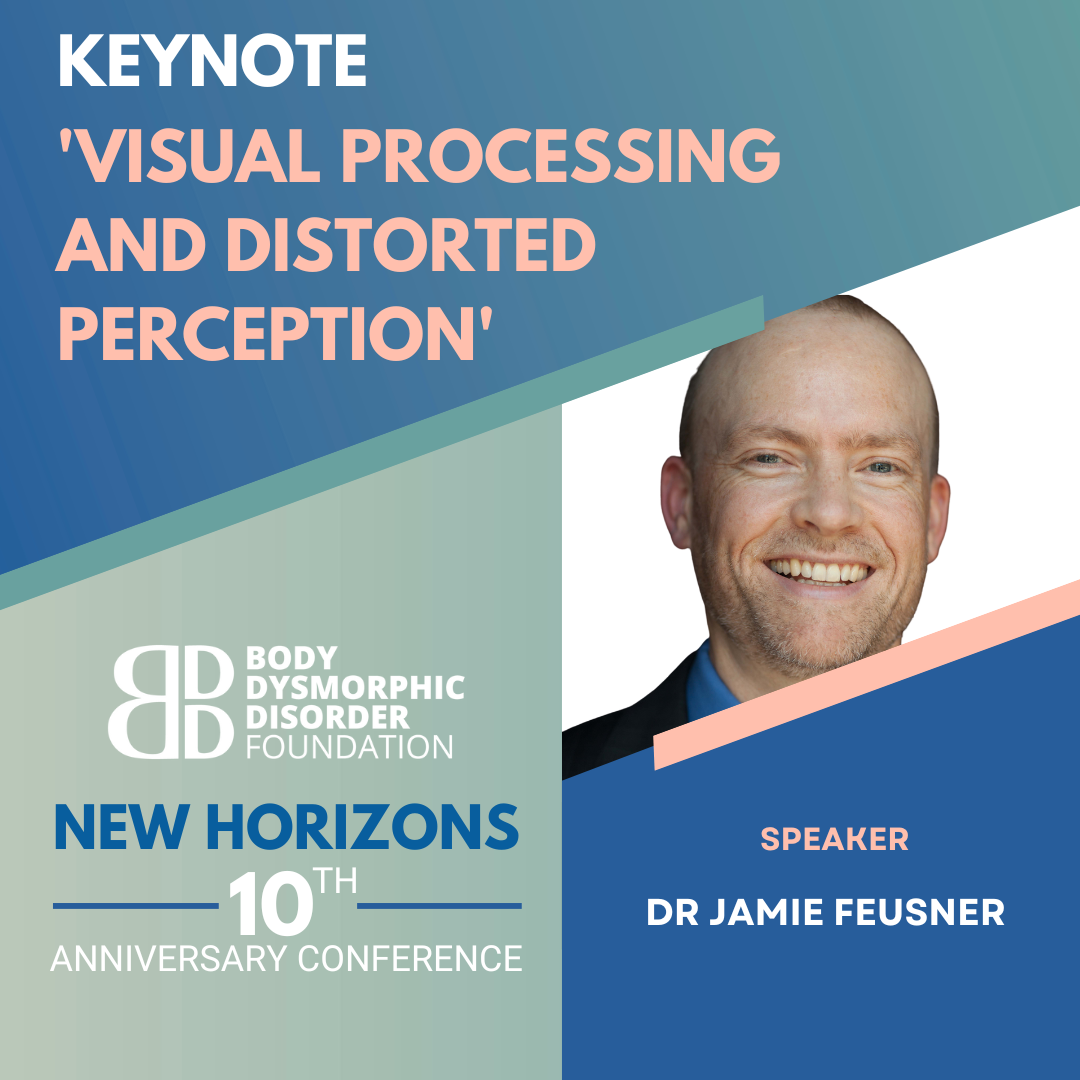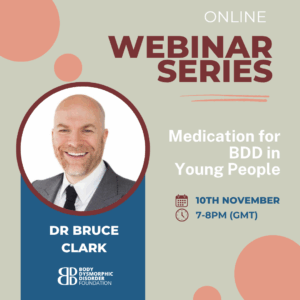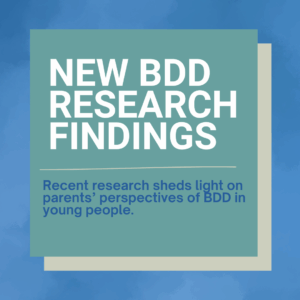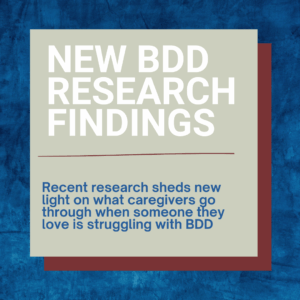with Dr Jamie Feusner
People with Body Dysmorphic Disorder (BDD) misperceive that parts of their appearance are flawed and unattractive. Our brain imaging studies, and previous psychological studies, suggested abnormalities in how people with BDD process what they see. This could lead to distortions in how they view their appearance. Recently, we have made exciting discoveries using various techniques that suggest we can potentially change the way the brain perceives things in people with BDD. This could be a crucial step in helping people see themselves more accurately. This talk will take you through a journey from the early research into these differences to ongoing efforts to test methods that might one day become part of treatments for individuals with BDD.
Dr. Jamie Feusner is a Professor of Psychiatry at the University of Toronto, a Senior Scientist at the Centre for Addiction and Mental Health, and Director of the Brain, Body, and Perception Research Program. His research focuses on perceptual and emotional processing in conditions related to body image and obsessions/compulsions, including body dysmorphic disorder (BDD), eating disorders, and obsessive-compulsive disorder (OCD). Dr. Feusner is renowned for his pioneering functional brain imaging studies in BDD, uncovering key insights into its neurobiology, including the discovery of visual perceptual abnormalities related to appearance distortions. He is currently developing and testing innovative interventions and their mechanisms to address imbalances in global and local visual processing that underlie distorted self-perception in BDD and body image disorders. Additionally, he has created digital tools for assessing appearance distortions and body dissatisfaction. With two decades of clinical expertise, Dr. Feusner also provides psychiatric care to people with BDD.
More stories from the community
